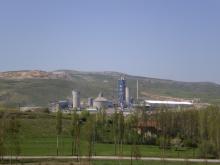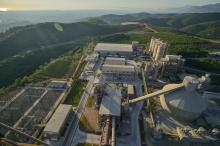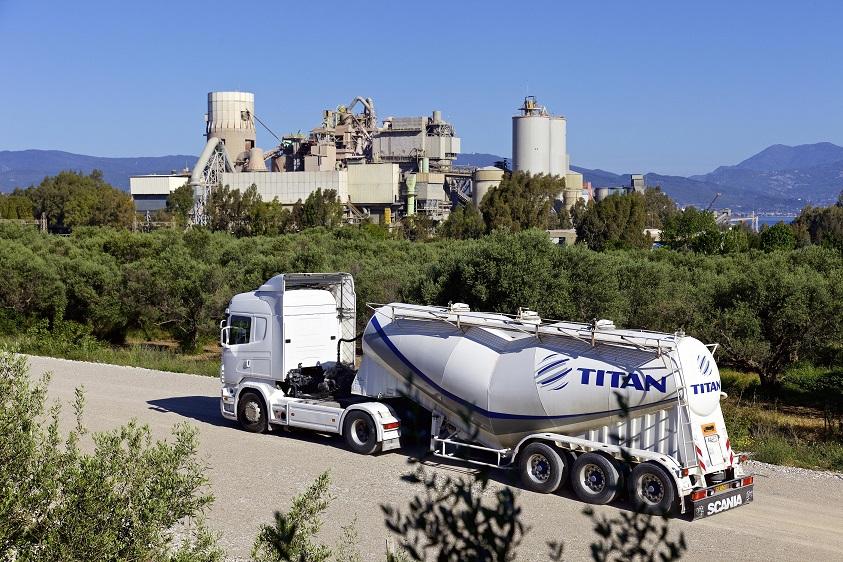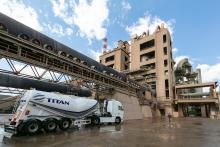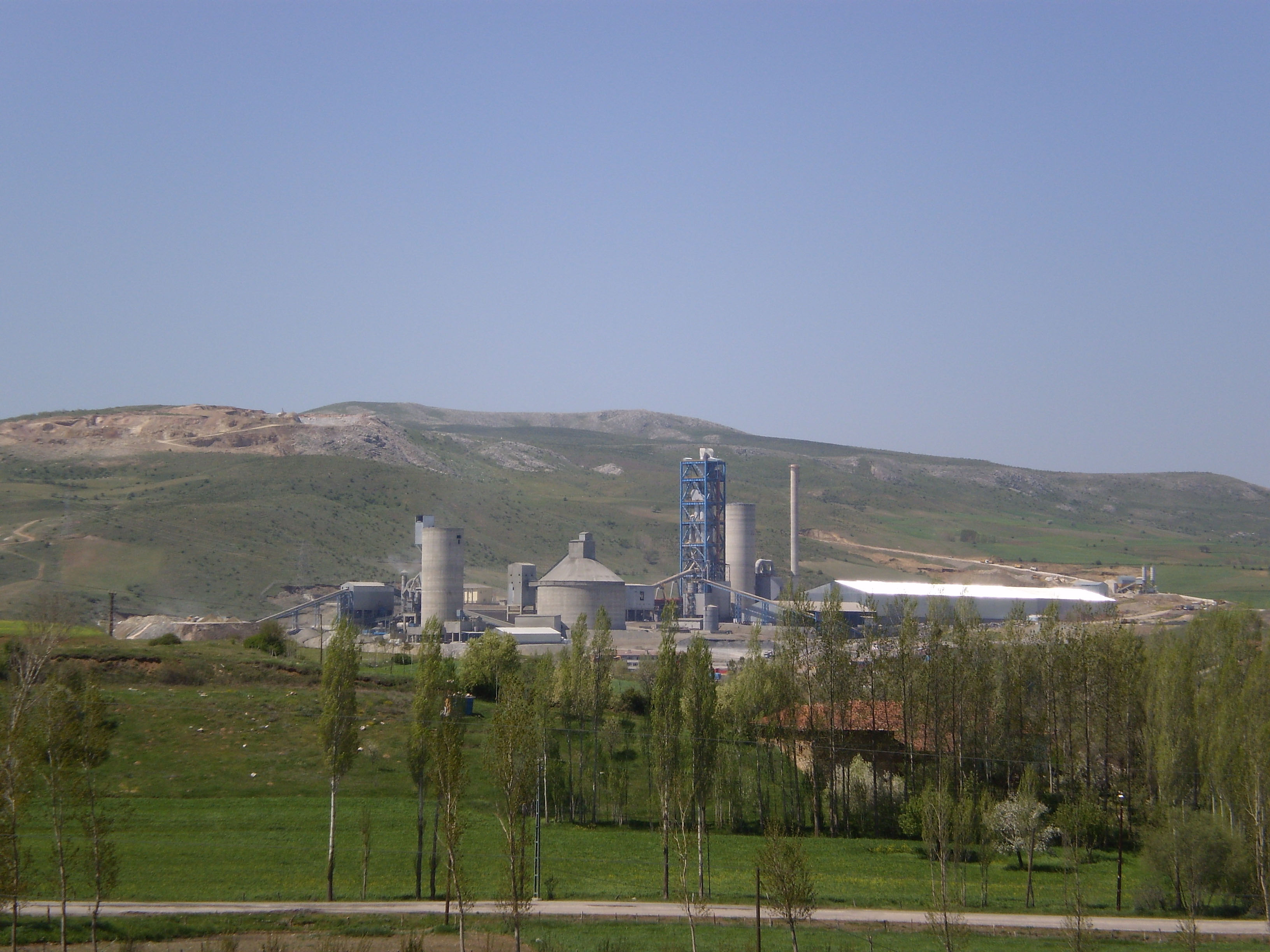
The cement and building materials group says that revenue for the first nine months of the year improved by 5.0% to €1,262.8m, or up by 10.1% in local currencies on the same period in 2020.
It adds that performance was supported by continued strength in the US, an encouraging recovery and pick-up of construction activity in Greece and a solid delivery in Southeastern Europe. Egypt confirmed indications earlier in the year that with the rationalisation of production imposed, operational performance can start to recover its lost momentum. Titan says clouds have been gathering over Turkey owing to the country’s macroeconomic challenges, while Brazil continued to grow.
Group operating profitability (EBITDA) was down by 4.3% to €219.6m in the period, which Titan says was due to the Q3 global spike in input costs
Net profit increased by 41.4% €23.9m to €81.9m, benefiting from significantly lower finance costs.
Witnessing the global input cost inflation hitting many industries, Titan says the building materials sector had a more visible impact during the third quarter of the year, with energy and freight costs reaching a peak in Q3. It adds that the reversal of this trend started in October and current prices indicate that a more favorable cost environment should be expected going forward. Owing to the unprecedented spike in costs and the inevitable time-lag in mitigating pricing actions, Titan says that EBITDA came under pressure to €219.6m posting a 4.3% decline.
Titan says the fundamentals driving demand across its major markets, namely the strong recovery of economic activity, increased consumer spending and a surge in public and private investment against a low interest rate environment, continue to stimulate growth.
It adds that the are "clear signs that the peak of energy and freight costs’ spike is behind us, though not reverting to 2020 levels." Recently announced price increases for Titan's products will aim to recover the margin lost over the past couple of quarters due to cost inflation.
In the US, Titan anticipates housing demand to continue to exceed supply thereby ensuring the growth of residential construction. Infrastructure investments, in order to address America’s ageing infrastructure and shifting demographic trends, received the long-awaited impetus with the approval last week of US$550bn of new spending as part of the Infrastructure Investment and Jobs Act (IIJA).
In Greece, Titan says indicators are encouraging that the stimuli of demand are in place to sustain the pace in recovery for the years ahead. Residential construction is supported by an increased number of permits issued which should translate into building activity in the coming years.
In Southeastern Europe, Titan says solid performance should continue to the year’s end and beyond in a favourable construction sector climate with a mix of residential, private commercial/industrial as well as infrastructure projects across the region. The group adds that it will remain vigilant to address inflationary pressures on the cost side so as to mitigate their impact on operational profitability.
In Egypt, the stabilising macroeconomic environment and the country’s housing and infrastructure needs bode well for demand amidst the rationalised production regime set by the authorities. Under these conditions, demand should continue to recover and prices to further pick up, conducive to an improvement in operating performance.
In Turkey, the precarious, state of the economy weakens outlook for construction. However, Titan says that thanks to the modern assets and healthy balance sheet of its Adocim subsidiary in the country, it remains confident in its operational efficiency to withstand the turbulence.
In Brazil, the group says demand drivers are in place and construction confidence indicators remain stable, but a lot will depend on the macroeconomic situation in the country.

